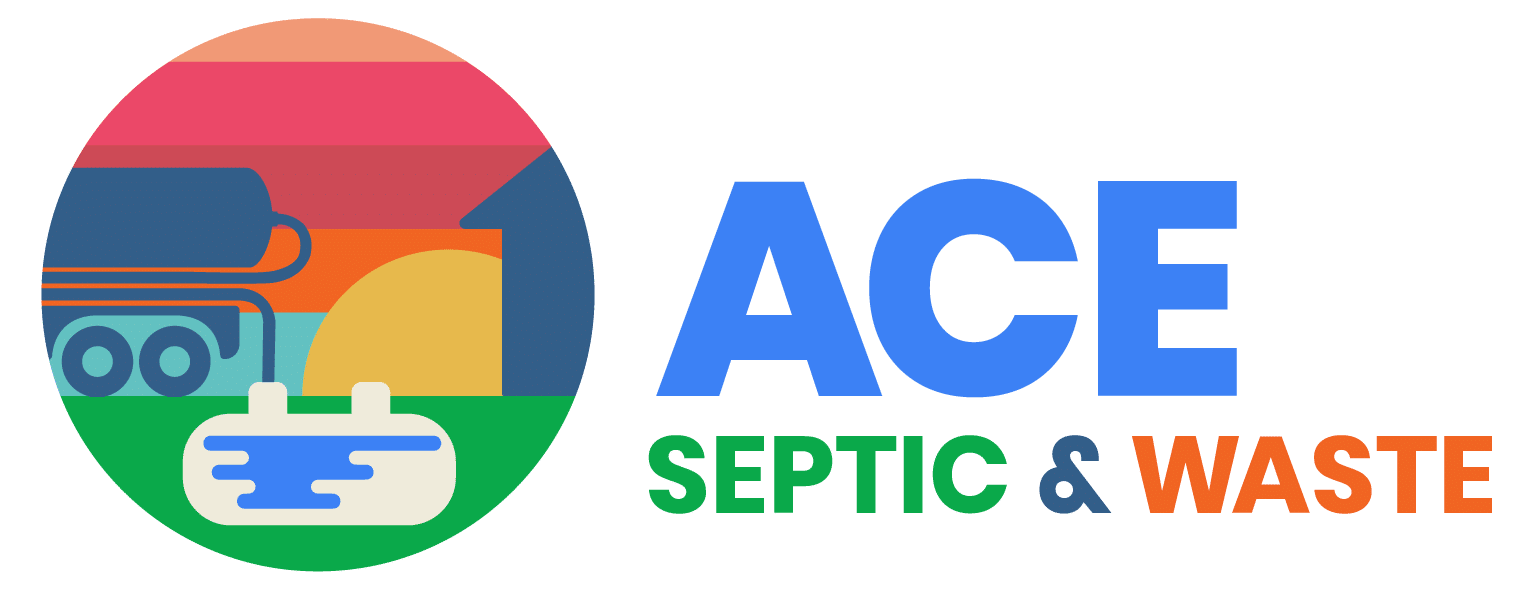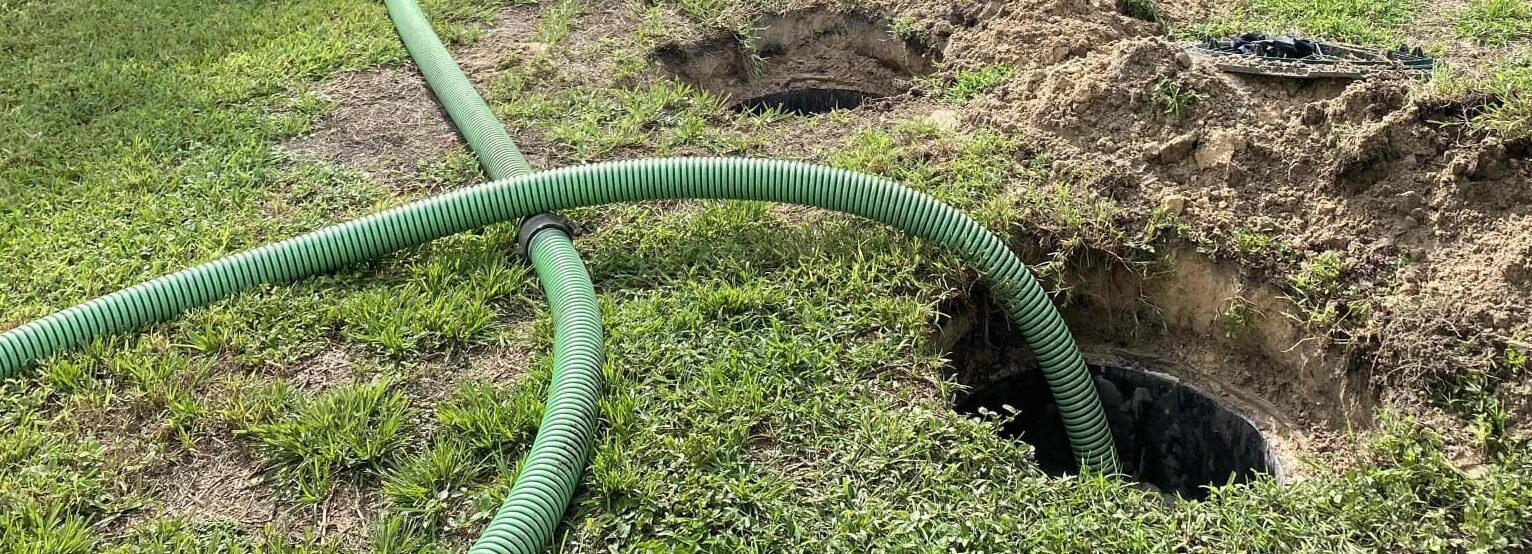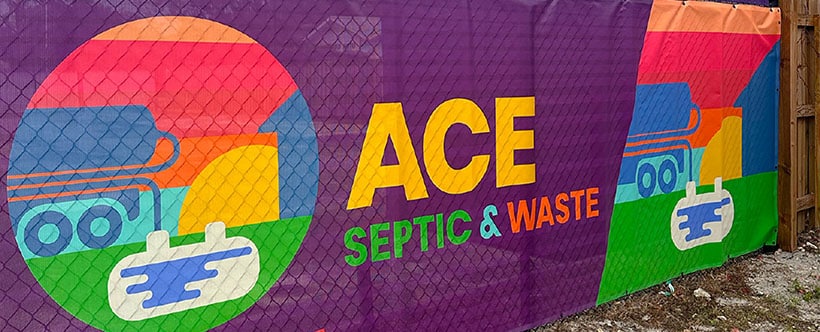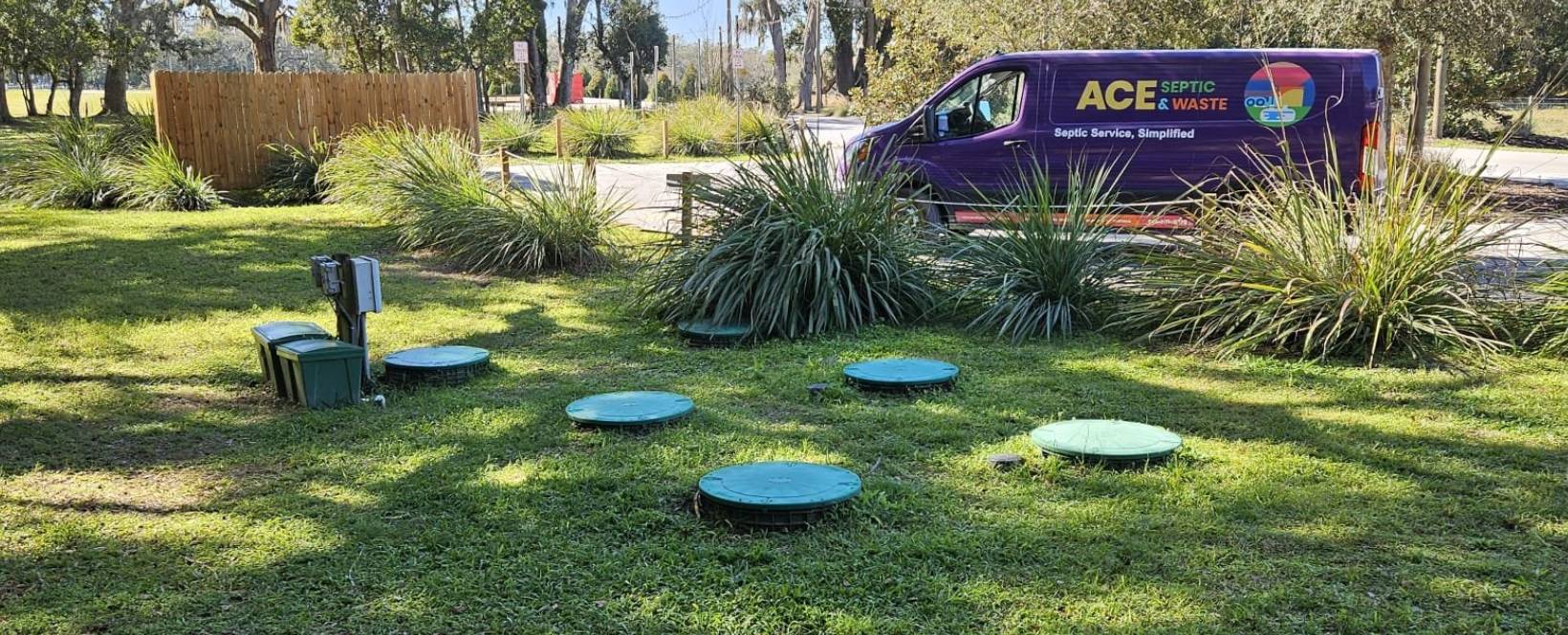Septic systems rely on a delicate balance of bacterial and biological processes to function effectively. These microorganisms are essential for breaking down waste and maintaining your septic system’s efficiency. As a Florida homeowner, understanding the role bacteria play in your septic tank will help ensure your system runs smoothly for years to come.
What Do Bacteria Do in Your Septic Tank?
Bacteria break down the solid waste that enters your septic tank, converting it into sludge, liquid, and gas. When waste enters the tank, heavier solids sink to the bottom to form sludge, while oils and grease float to the top as scum. The bacteria work within this environment, digesting organic material in the sludge and scum and reducing its volume while producing gases that escape through the vent system.
Without healthy bacteria, solid waste would accumulate rapidly, reducing the tank’s capacity and eventually clogging the system. By breaking down waste, bacteria not only maintain the tank’s effectiveness but also prevent blockages and backups that could lead to environmental contamination or costly repairs.
Types of Bacteria in Septic Systems
There are two primary types of bacteria in septic systems: aerobic and anaerobic.
- Aerobic Bacteria: These microorganisms require oxygen to thrive and are highly effective at breaking down waste quickly. They’re often used in advanced septic systems that include aerators to introduce oxygen into the tank. Aerobic bacteria are particularly efficient at processing organic material, reducing waste volume, and minimizing odors.
- Anaerobic Bacteria: These bacteria operate in environments without oxygen and are the most common in traditional septic tanks. Although they work more slowly than aerobic bacteria, they are still effective at digesting organic matter and reducing waste accumulation.
Both types of bacteria play crucial roles, but the specific type active in your system depends on its design. Understanding this can help you make informed decisions about maintenance and care.
Why Are Bacteria Important for a Healthy Septic System?
Bacteria are the backbone of your septic system’s functionality. Here’s why they’re essential:
- Preventing Solid Waste Buildup: Bacteria break down organic material, preventing sludge and scum from overwhelming the tank and clogging the system.
- Pathogen Reduction: They help reduce harmful bacteria and pathogens in the wastewater before it reaches the drain field, protecting local water sources.
- Maintaining System Efficiency: A healthy bacterial population ensures wastewater flows smoothly through the system, minimizing the risk of backups and overflows.
- Environmental Protection: By breaking down waste effectively, bacteria help prevent contaminants from reaching the soil and groundwater.
Common Causes of Bacteria Imbalance
A thriving bacterial population in your septic system is critical, but common household practices can easily disrupt the fragile balance they need to survive:
- Overuse of Chemicals: Harsh cleaning products, bleach, and antibacterial agents can kill the beneficial bacteria your system relies on.
- Flushing Non-Biodegradable Items: Wipes, feminine hygiene products, and other non-biodegradable materials can block the system and disrupt bacterial activity.
- Excessive Water Usage: Large amounts of water entering the tank in a short period can overwhelm bacteria, flushing them out before they can break down waste.
- Neglected Maintenance: Without regular pumping and inspections, waste buildup can stifle bacterial activity and reduce system efficiency.
How to Support Healthy Bacteria in Your Septic Tank
Maintaining a thriving bacterial population is easier than you might think. Follow these tips to support a healthy septic system:
- Avoid Harmful Chemicals: Minimize using bleach, disinfectants, and antibacterial cleaners. Opt for septic-safe products whenever possible.
- Proper Waste Disposal: Only flush human waste and septic-safe toilet paper. Avoid sending food scraps, grease, or other non-septic-friendly items down your drains.
- Use Bacterial Additives: Boost your septic system’s health with bacterial additives like BioOne. After pumping a tank, ACE uses this bio-friendly solution to kickstart bacteria growth.
For ongoing maintenance, ACE recommends pouring 2oz of BioOne down each drain monthly to balance bacteria levels and ensure your system breaks down waste efficiently. Using additives regularly with septic systems can help prevent backups and extend their lifespan. - Monitor Water Usage: Spread out water-intensive activities, like laundry and dishwashing, to prevent overwhelming the system.
- Schedule Regular Maintenance: Routine septic tank pumping and septic inspections keep your system running smoothly and provide an opportunity to address any bacterial imbalances.
The Professional Approach to Septic System Maintenance
ACE Septic & Waste is a leader in septic system education. Our team of certified professionals specializes in maintaining the delicate balance needed for optimal performance. From routine pumping and inspections to diagnosing and addressing bacterial imbalances, we’re here to help.
We use eco-friendly practices and advanced diagnostic tools to ensure your system operates at its best. Whether it’s a minor issue or a full-scale emergency, you can count on ACE Septic to provide reliable, expert service tailored to your system’s needs.







